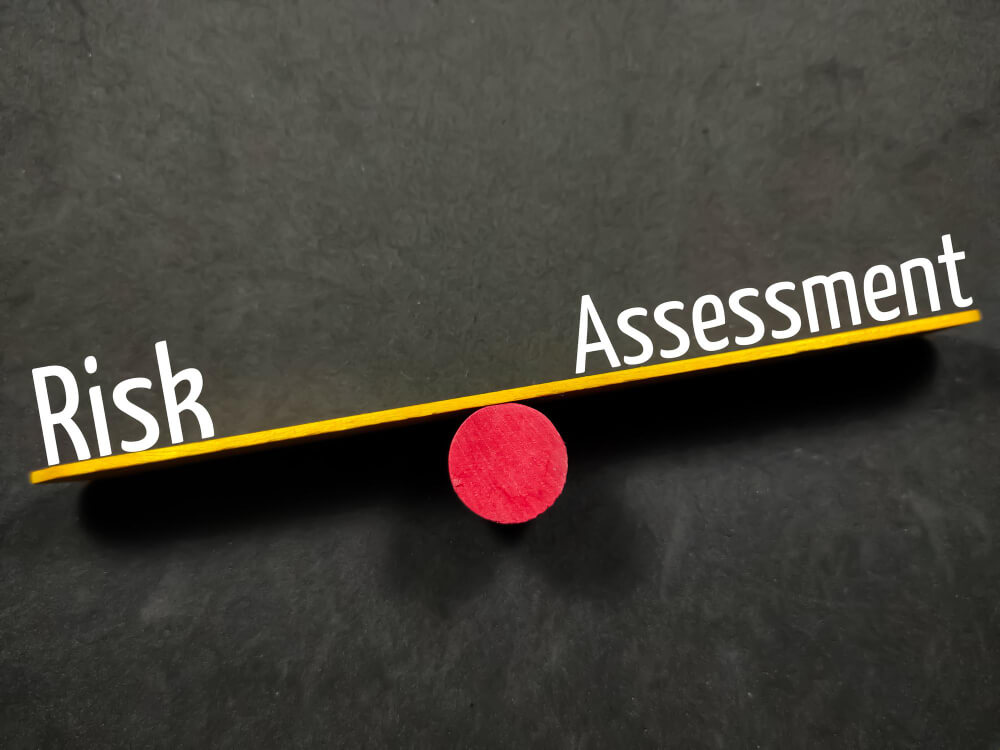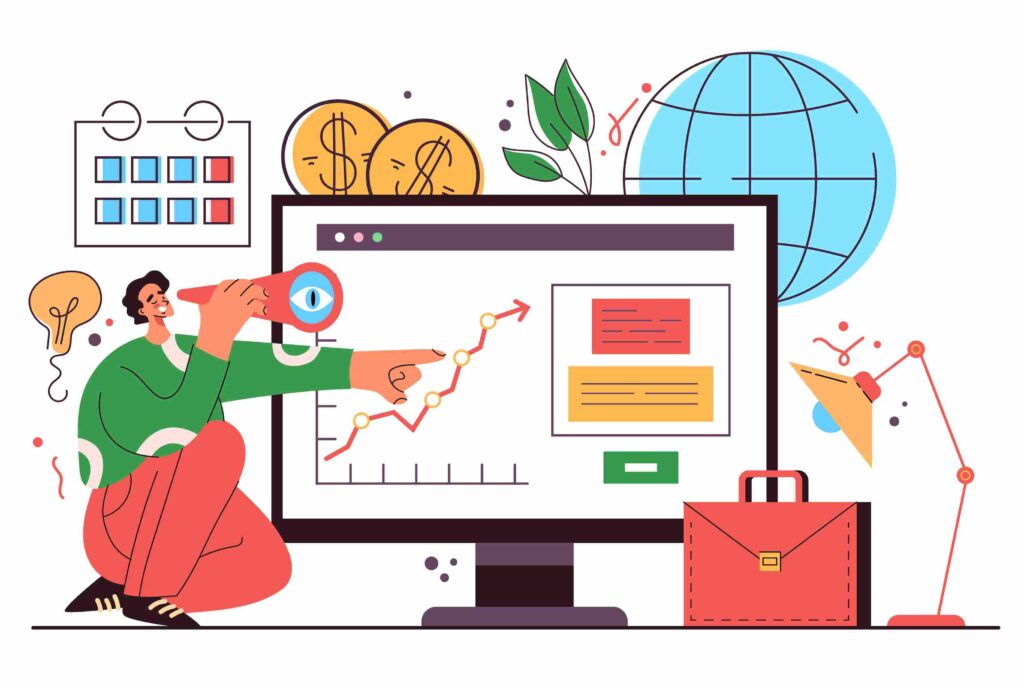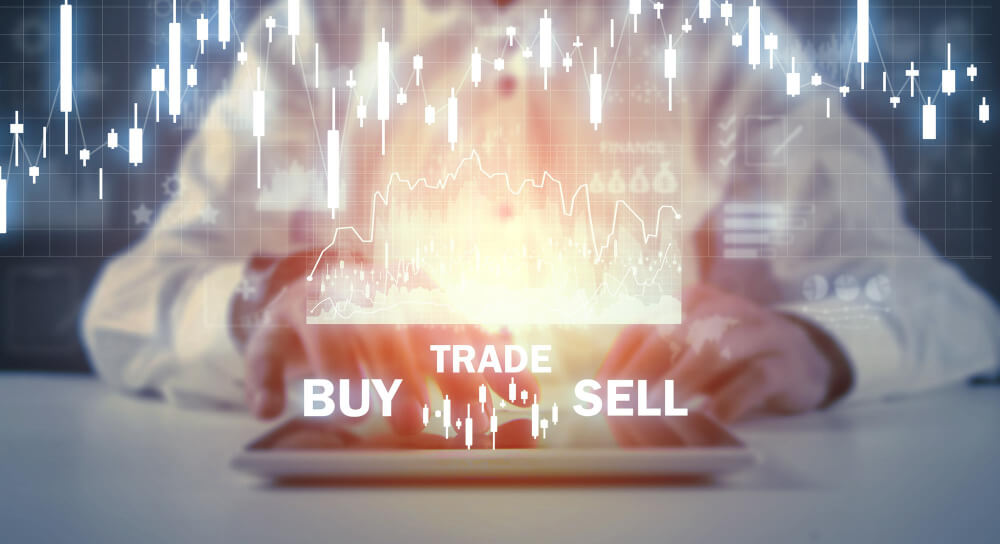Unveiling the Truth: Is Forex Trading Legit or Just a Well-Crafted Myth?
In the world of investment, forex trading stands as a colossus, boasting the largest financial market globally. Yet, it often finds itself shrouded in a veil of skepticism and myths. Is it a legitimate avenue for investment, or just another well-crafted myth designed to lure in the unwary? This comprehensive exploration seeks to demystify forex trading, shedding light on its legitimacy, risks, and potential rewards.
Introduction to Forex Trading
What is Forex Trading?
Forex trading, at its core, is about exchanging one currency for another. It’s a global marketplace that operates 24/5, offering traders from around the world the opportunity to speculate on currency movements. The allure of forex trading lies in its immense volume, high liquidity, and the potential for leverage.
Why is Forex Trading Popular?
The appeal of forex trading is manifold. It promises the chance for substantial profits due to the leverage offered by brokers. Additionally, its around-the-clock operation provides flexibility for traders to engage in transactions according to their schedules, unlike stock markets which have fixed hours.
Debunking the Myths of Forex Trading

Myth 1: Forex Trading is a Quick Route to Wealth
One of the most pervasive myths about forex trading is that it’s a guaranteed fast track to financial prosperity. However, the reality couldn’t be more different. Succeeding in the forex market requires knowledge, patience, and a well-thought-out strategy.
Myth 2: Forex Trading is Only for the Wealthy
Another common misconception is that forex trading is exclusively for people with deep pockets. While having capital is undeniably beneficial, the advent of micro and mini accounts has made forex accessible to individuals with limited funds.
The Legitimacy of Forex Trading
Regulation and Oversight
Forex trading’s legitimacy is underpinned by stringent regulation in various countries. Reputable forex brokers are regulated by authorities such as the U.S. Commodity Futures Trading Commission (CFTC) and the UK’s Financial Conduct Authority (FCA), ensuring transparency and fairness in trading practices.
The Role of Reputable Brokers
Choosing a reputable broker is crucial in forex trading. Legitimate brokers offer essential tools, educational resources, and customer support to help traders make informed decisions. They also ensure the security of traders’ funds and provide a stable trading platform.
Understanding the Risks Involved

Market Volatility
Forex trading is inherently volatile, with currency values fluctuating due to various factors including economic indicators, political events, and market sentiment. This volatility can result in both significant gains and losses.
Leverage: A Double-Edged Sword
While leverage can magnify profits, it also increases the risk of substantial losses. It’s vital for traders to understand how leverage works and to use it judiciously, keeping in mind their risk tolerance and trading strategy.
The Potential for Profit in Forex Trading
Strategic Trading and Analysis
Successful forex trading hinges on strategic planning and analysis. Traders use technical and fundamental analysis to make predictions about currency movements and to identify trading opportunities.
Risk Management Techniques
Effective risk management is paramount in forex trading. Tools such as stop-loss orders can help traders manage their risks by setting limits on potential losses. Diversifying one’s trading portfolio is another strategy to spread risk.
Educational Resources and Tools for Forex Traders

course
The Importance of Education
Education is a cornerstone of successful forex trading. Numerous online platforms offer courses, webinars, and tutorials to help traders understand the market and develop effective trading strategies.
Utilizing Trading Tools
Modern forex trading platforms provide a suite of tools to assist traders. These include charting software, economic calendars, and indicators that analyze market trends and help in decision-making.
Real Stories of Forex Trading Success
Success is Possible
While the internet is replete with stories of losses, there are also many tales of individuals who have achieved success in forex trading. These stories often highlight the importance of education, strategy, and risk management in navigating the forex market successfully.
Learning from Losses
Even the most successful traders have faced losses. What sets them apart is their ability to learn from these setbacks, refine their strategies, and continue trading with renewed insight and determination.
The Future of Forex Trading

Technological Advancements
The future of forex trading looks promising, with technological advancements making it more accessible, efficient, and secure. Automated trading systems and AI-driven analysis are examples of how technology is transforming the forex landscape.
Global Economic Trends
As the global economy evolves, so too does the forex market. Economic policies, trade agreements, and international relations will continue to influence currency values, offering new opportunities and challenges for traders.
Conclusion
Forex trading is not a myth, nor is it a guaranteed path to riches. It is a legitimate form of investment that requires dedication, education, and a strategic approach. While risks are inherent, they can be managed through proper planning and risk management techniques. By debunking the myths surrounding forex trading and understanding its true nature, individuals can approach the market with a realistic perspective and the potential for success.
FAQs
1. Can forex trading be a full-time career?
Yes, forex trading can be pursued as a full-time career, but it requires significant knowledge, experience, and discipline to achieve consistent profitability.
2. How much initial investment is needed for forex trading?
The initial investment can vary widely. Some brokers offer accounts that can be opened with as little as $100, while others may require more substantial amounts. It’s important to start with what you can afford to lose.
3. Is forex trading more risky than stock trading?
Both forex and stock trading carry risks, and neither is inherently riskier than the other. The level of risk depends on various factors, including market volatility, leverage used, and the trader’s expertise.
4. Can I trade forex with no experience?
While it’s possible to start trading forex with no experience, it’s not advisable. Investing time in education and practicing with a demo account can significantly improve your chances of success.
5. How do I choose a reputable forex broker?
Look for brokers that are regulated by reputable authorities, offer transparent trading conditions, and have positive reviews from other traders. It’s also important to consider the trading platform, customer support, and educational resources offered by the broker.




